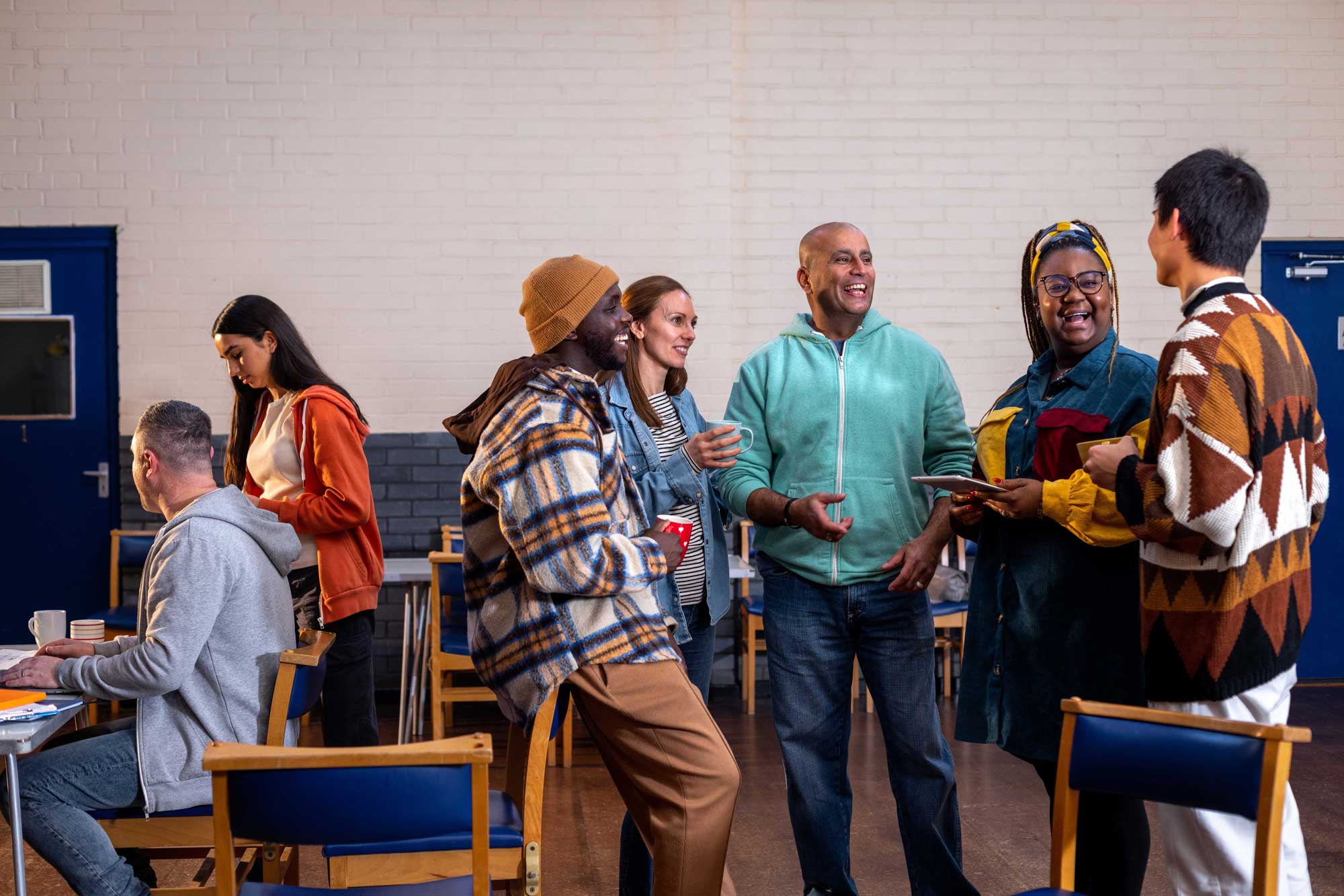
Overview
Working with adolescent and young people (AYP) can be challenging as they are generally regarded as a ‘under-served’ population (Simuyaba et al.2021).
This is particularly the case when trying to engage AYP with the consequences of poor health behaviours such as smoking, drinking, unplanned sexual activity and unplanned pregnancies (Dobbins et al. 2013; Pearson, Braithwaite and Biddle, 2015; Blakemore 2019). The importance of health promotion during adolescence has been documented, particularly as adolescence as a life stage, enables effective health knowledge and skills to become embedded into adulthood (Sawyer et al.2012, Akseer et al.2020).
The AYP population is a key focus for the Sustainable Development Goals on health and wellbeing, particularly with the 2030 Global Strategy agenda Every Woman, Every Child, branching out to adolescence as a pertinent developmental age group (United Nations, 2015). The message is clear, a more collaborative ‘systems thinking’ approach to public health is required with sessions led by health and social care professionals along with ‘experts by experience’ as stakeholders (Gates 2016; Haynes et al. 2020), which includes the unheard voices of AYP (McKeown and Hagell, 2022).
Including AYP in public health agendas has become the forefront for social media campaigns such as the #Power of Youth and #iwill campaigns, which engage and empower young people to make a difference in shaping their future and volunteer within their community (Ghahramani et al. 2022; Power of Youth Charter, 2022). Assets based approaches such as these community focused youth campaigns, enable stronger community connections and networking, with emphasis upon self-help with less reliance on external agencies (Roy 2017). Community members work together with health and social care professionals and academics, to drive forward initiatives to promote self-esteem, personal and community health and wellbeing. Assets within communities include people’s skills, experiences and relationships between people, to find empowering solutions to help communities to take onus and control of their health behaviours (Cassetti et al.2020; Kretzmann and McKnight,1993; Martin-Kerry et al. 2023; Morgan and Ziglio, 2007). Working with AYP and the public on pertinent health issues enables co-production of resources and equitable inclusion in health research. Co-production enhances intellectual capital (knowledge) and social capital (relationships) to strengthen health policy-relevant research (Allender et al. 2011; Haynes et al. 2020).
Project Contact:
Dr Humaira Khan
Email: mailto:hkhan@aecc.ac.uk
Details
Aims
The aim of this PhD is to investigate whether community knowledge exchange events can build up partnerships and encourage adolescent girls and women to become health champions in health promotion.
Methods
Initially the PhD candidate will explore the literature on effectiveness of the assets-based approaches with adolescents and young people and the development of health champions.
The candidate will develop stakeholder community partnerships to delivering health promotion workshops in community settings [facilitated by the supervisor]. This will involve working with Public and Patient involvement groups and key community stakeholders along with workshop presentation on pertinent health concerns around preconception, sexual health, unplanned pregnancy, gestational substance use [and menopause].
Data collation can be mixed methods but will most likely be qualitative and lead to thematic analysis and writing up findings.
Expected outcomes
To provide evidence or otherwise of the likelihood to build a health champion network and roll out the community-based health promotion workshops regionally and nationally.
Impact
Previous studies have explored the assets-based approach with adolescents and young people groups (Roy 2017), and have considered developing health champion partnerships to empower young people into lifestyle modification and behaviour change. The impact of the research will be follow-up research assessing the effectiveness of health champion network.
Funding 
We have funding available via competition for fully-funded studentships or fee-waiver support for UK home students. Applicants are asked to make it clear as part of their application that they are applying for one of these funded opportunities. Decisions will be made based on the excellence of the candidate.
Self-funded students are also welcome to apply for this project. Self-funded students can be UK home students or international students.
Availability 
Available to both UK and International Students
Potential Supervisors 
- Dr Humaira Khan, Lecturer in Health Promotion, PI Wellbeing of Women grant, Health Sciences University, UK
- Dr Alyx Taylor, Associate Professor Physiology, Health Sciences University, UK
- Prof. David Newell, School of Chiropractic, Health Sciences University, UK
References 
Akseer, N., Mehta, S., Wigle, J., Chera, R., Brickman, Z.J., Al-Gashm, S., Sorichetti, B., Vandermorris, A., Hipgrave, D.B., Schwalbe, N. et al. (2020) Non-communicable diseases among adolescents: Current status, determinants, interventions and policies. BMC Public Health; 20:1908.
Allender S, Nichols M, Foulkes C. et al. (2011). The development of a network for community-based obesity prevention: the CO-OPS Collaboration. BMC Public Health; 11:132. doi: 10.1186/1471-2458-11-132.
Blakemore, S.J. (2019). Adolescence and mental health. The Lancet, 393(10185):2030-2031. https://doi.org/10.1016/S0140-6736(19)31013-X.
Cassetti, V., Powell, K., Barnes, A. and Sanders, T. (2020). A systematic scoping review of asset-based approaches to promote health in communities: development of a framework. Global Health Promotion;27(3):15-23. doi: 10.1177/1757975919848925.
Dobbins, M., Husson, H., DeCorby, K. and LaRocca, R.L. (2009) School-based physical activity programs for promoting physical activity and fitness in children and adolescents aged 6 to 18. Cochrane Database of Systematic Reviews;1: CD007651. DOI: 10.1002/14651858.CD007651.
Ghahramani, A., de Courten, M. and Prokofeva, M. (2022). The potential of social media in health promotion beyond creating awareness: an integrative review. BMC Public Health; 22:2402. https://doi.org/10.1186/s12889-022-14885-0.
Gates, E.F. (2016). Making sense of the emerging conversation in evaluation about systems thinking and complexity science. Eval Program Planning; 59:62–73.
Haynes, A., Rychetnik, L., Finegood, D., Irving, M., Freebairn, L.and Hawe, P. (2020). Applying systems thinking to knowledge mobilisation in public health. Health Res Policy Systems; 18(1):134. doi: 10.1186/s12961-020-00600-1.
Kretzmann, J. P. and McKnight, J. L. (1993). Building communities from the inside out: A path toward finding and mobilizing a community’s assets. Evanston, Illinois: Centre for Urban Affairs and Policy Research, Northwestern University.
Martin-Kerry, J., McLean, J., Hopkins, T., Morgan, A. Dunn, L., Walton, R., Golder, S., Allison, T., Cooper, D., Wohland, P. and Prady, S.L. (2023) Characterizing asset-based studies in public health: development of a framework. Health Promotion International, 38, 1–12. https://doi.org/10.1093/heapro/daad015
McKeown, R. and Hagell, A. (2022). Care leavers’ experiences of health inequalities: Themes
Latest News
Discover and read all the latest news, press releases and happenings here at Health Sciences University.
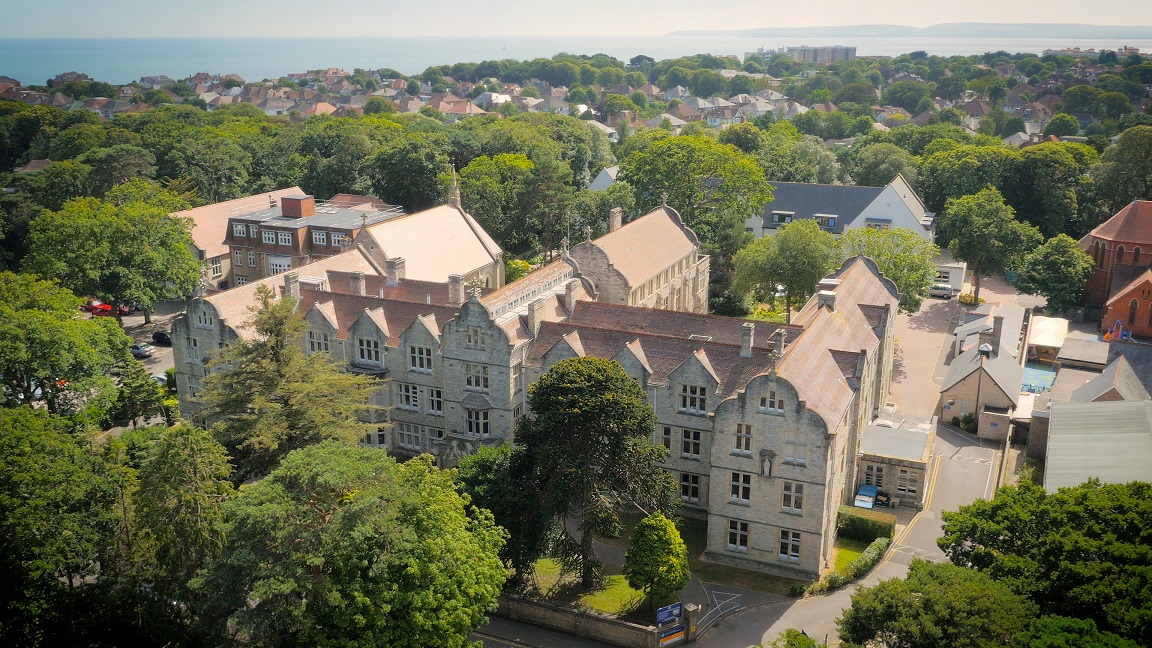
Health Sciences University (HSU) is delighted to announce its recent success in securing a capital funding bid from the Office for Students to the value of £2,136,638.
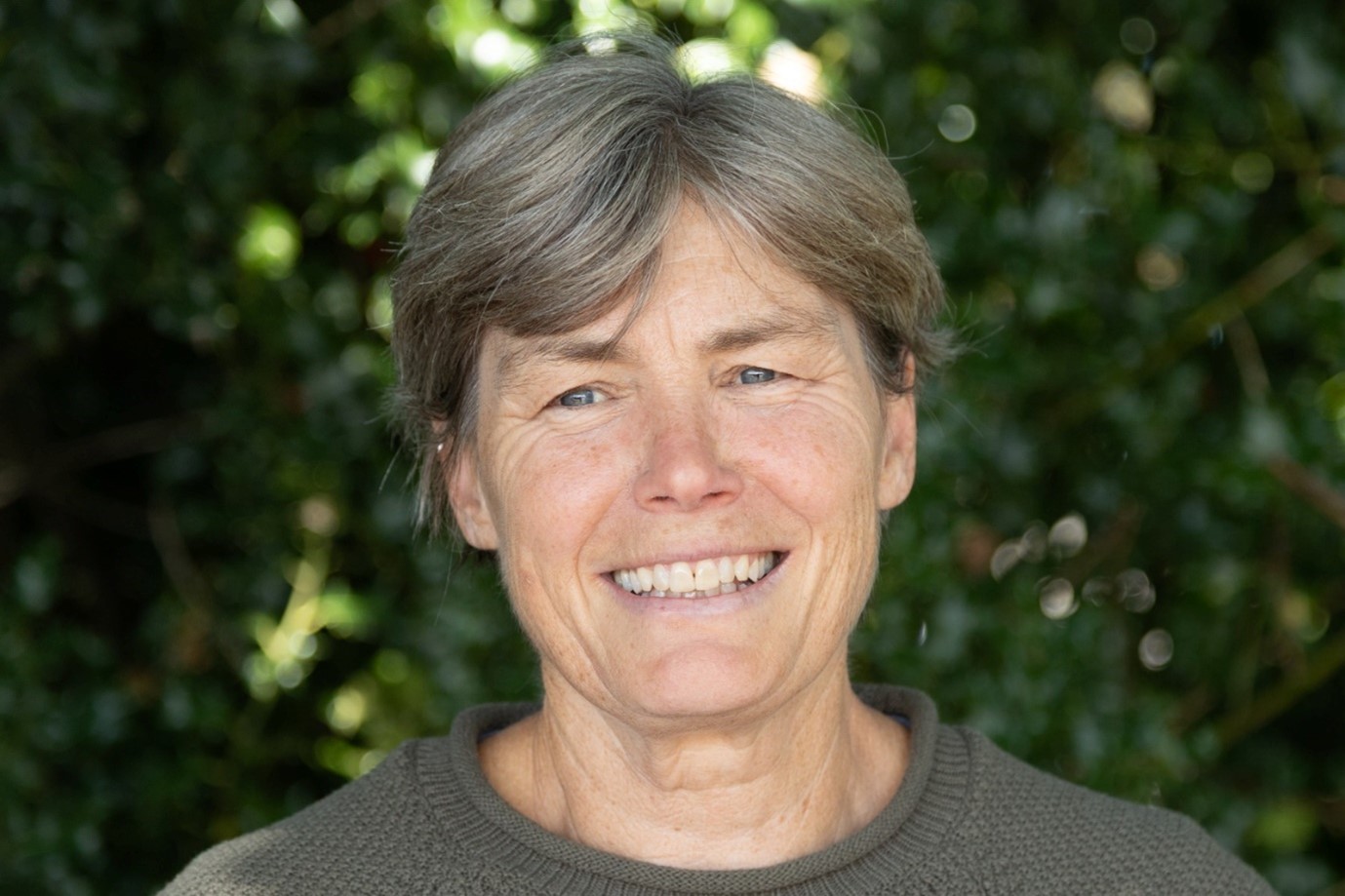
HSU is delighted to welcome Laura Finucane as Honorary Associate Professor. A leading figure in musculoskeletal (MSK) health, Laura brings a wealth of clinical, academic and international leadership experience - and a deep passion for rethinking how we support people in our practice.
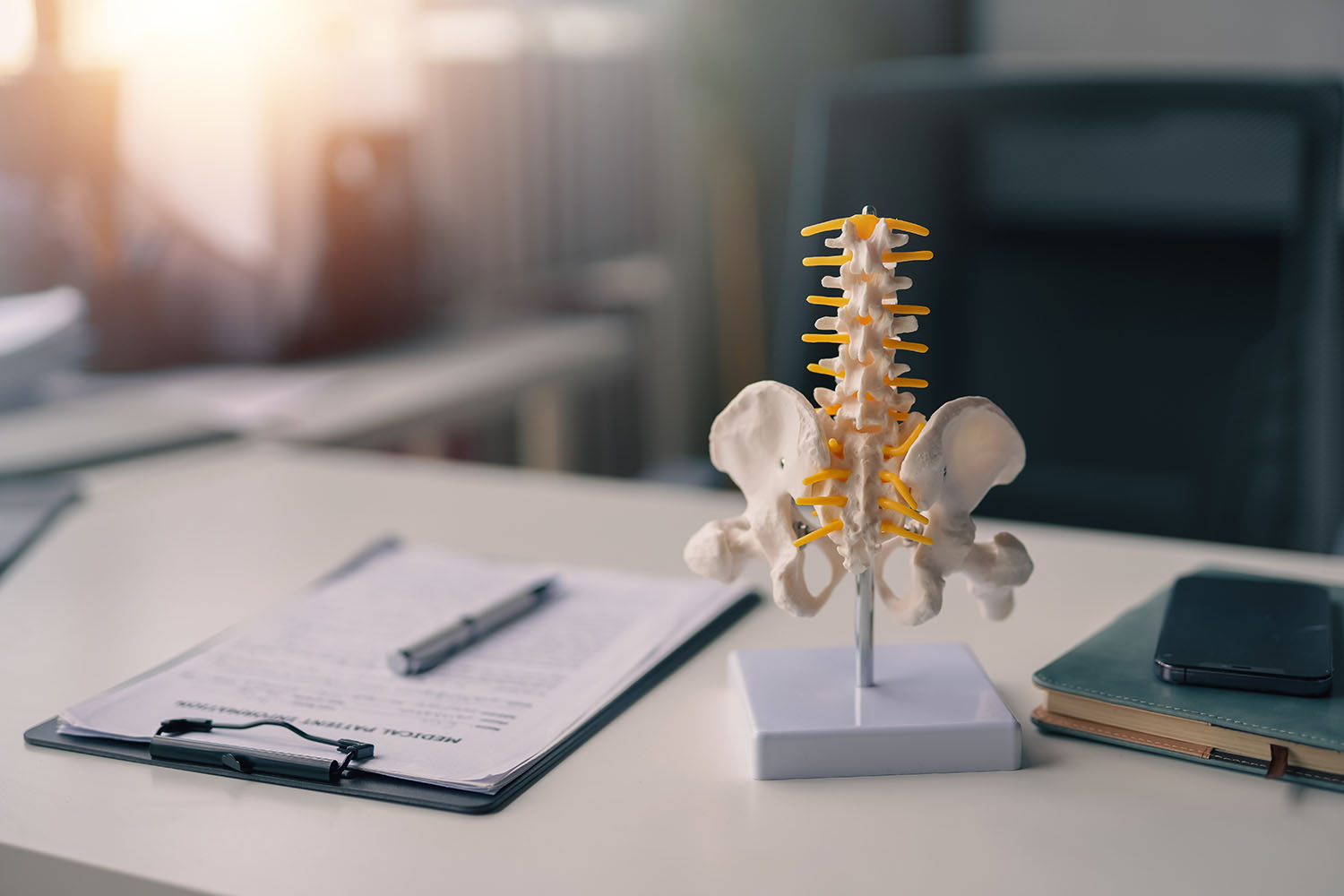
In October, HSU was pleased to celebrate the publication of the Priorities for Osteopathic Care (PROCare) study in BMJ Open.
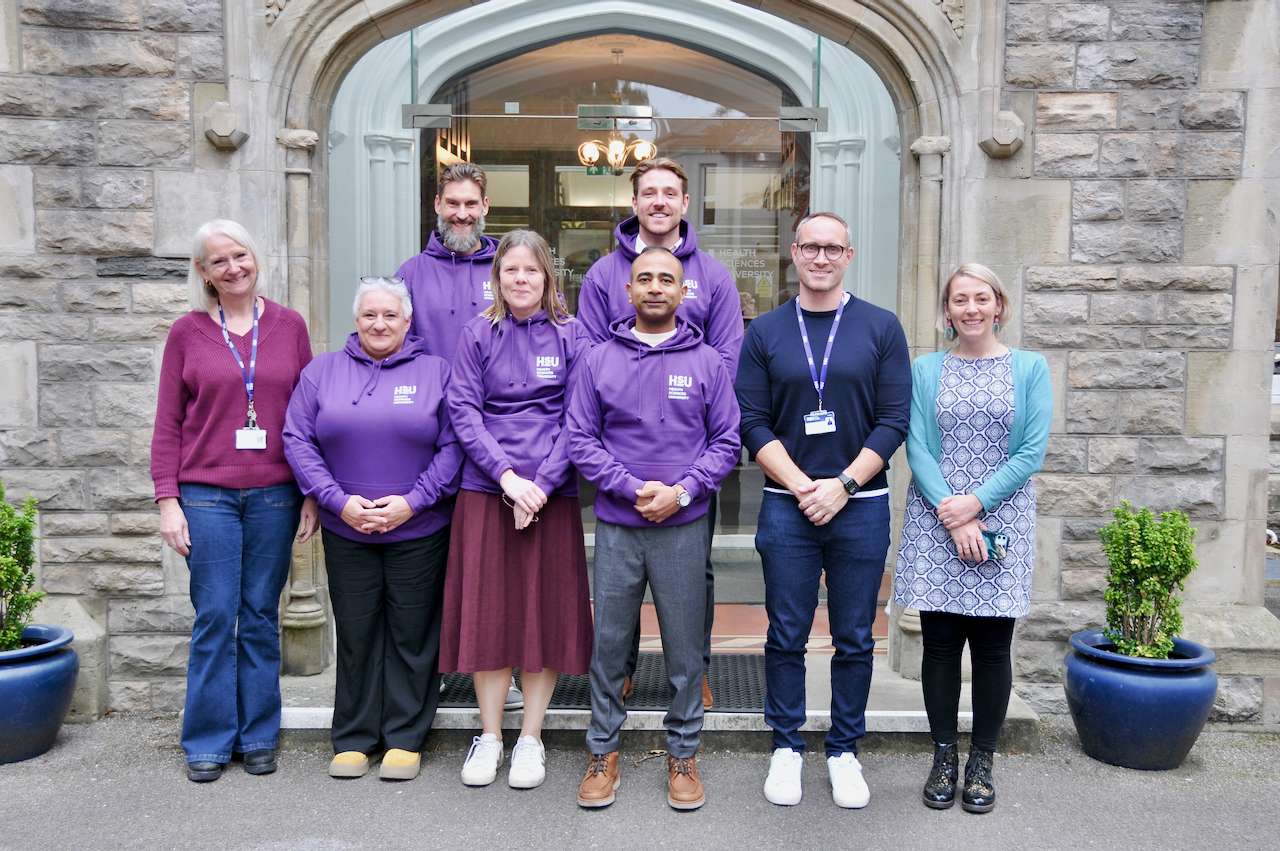
Earlier this week, we were pleased to welcome 13 new PhD students to Health Sciences University during our induction event.
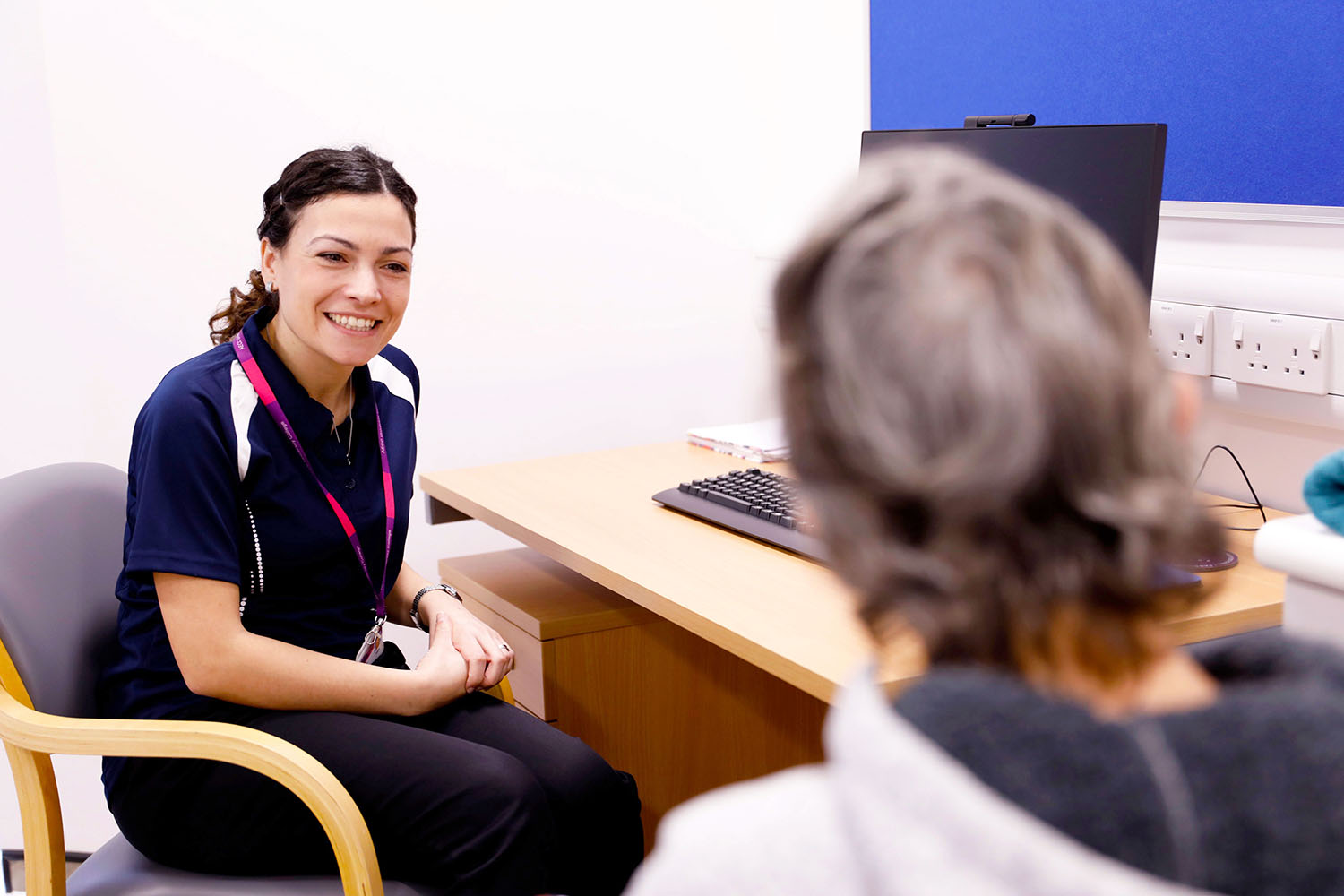
We're proud to share exciting research from Professor Steven Vogel and Emeritus Professor Alan Breen at HSU, part of a unique longitudinal study examining how UK chiropractors, osteopaths and physiotherapists manage low back pain.
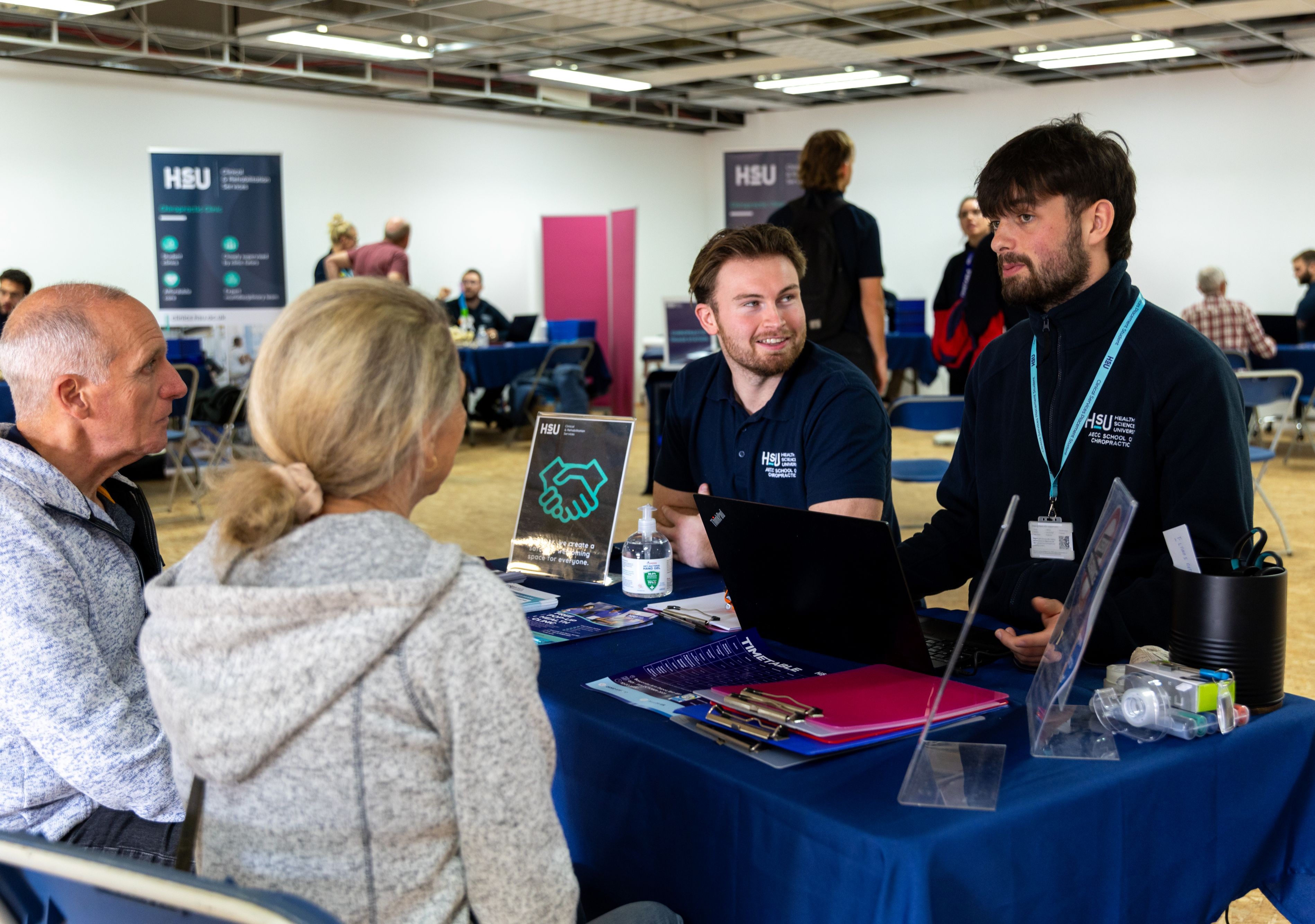
On Monday 6th October, staff and students from Health Sciences University opened the doors to its 6-day health and support pop-up event at the Boscombe Arts Depot in Boscombe High Street, at 616-622 Christchurch Road, opposite Costa Coffee.
